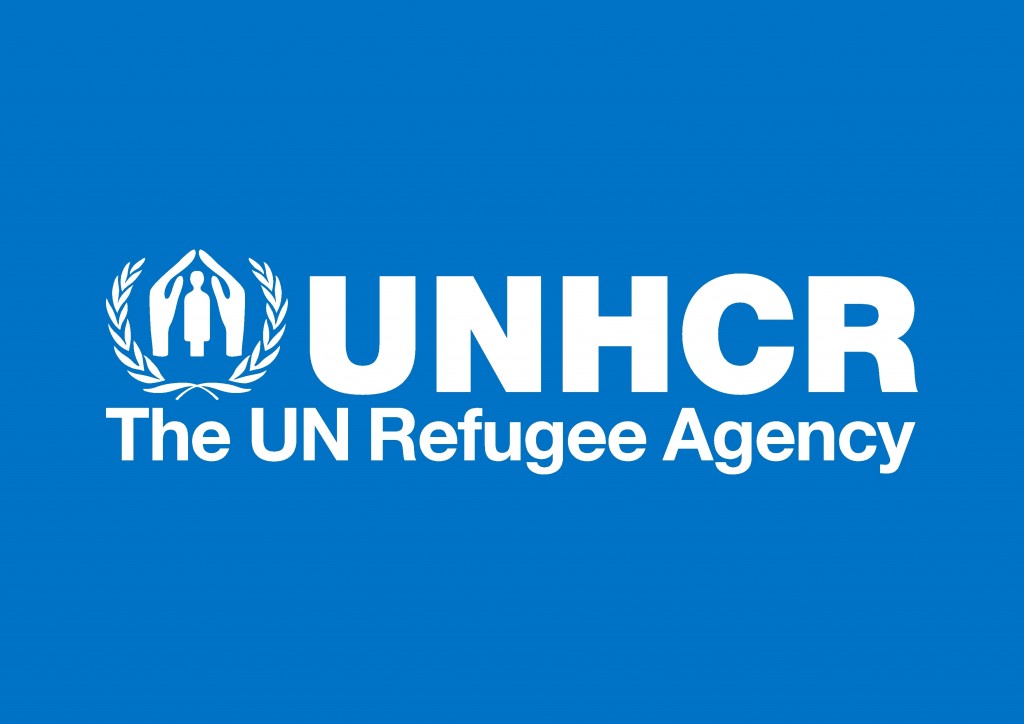The Government’s decision to arbitrarily deport Pakistani refugee-asylum seekers is unacceptable and wrong.
Local stress
Asylum seekers usually leave their home countries due to fear or deprivation, or both. The Pakistanis on our soil are mostly from religious minorities (Christians and Islamic sects) who face immense hardship and discrimination under the harsh “Blasphemy Law”; questioned by a cross section of reasonable Pakistanis.
Global care
There is a standard procedure for dealing with refugee-asylum seekers. After their stories are processed by the UNHCR they are either sent to a third country or returned home. In some instances some are absorbed into the receiving country. Till these decisions are taken the role of the receiving country is to provide these vulnerable visitors with refuge.
If during this interim period any of them flout the law of the receiving country or the terms of interim refuge, these persons only, are to be dealt with in consultation with the UNHCR and in accordance with the law. A breach of the law, while applications are being processed should however not be a reason for deportation.
Inclusive compassion
This procedure does not ask too much of us. We are a paradoxical people who in-spite of the violence and hardship of decades have not lost our traditional sense of hospitality. This is largely because of the influence of Gautama Buddha, “The Compassionate One,” whose teaching on loving-kindness (metta) embraces all life including the stranger. It is not by accident that we refer to the stranger (amuththa) in our midst, as guest (amuththa) also. She is to be received with loving-kindness.
This call to inclusive compassion is echoed by Jesus, “The Man for others” who advocated for dignity for those the Bible calls the “helpless and harassed” (S. Matt. 9.36). In doing so Jesus endorsed a central Biblical theme which repeatedly stresses our obligation to provide protection and dignity for widows, orphans and strangers in our midst.
Test of civilisation
These three human categories remain the continuing vulnerable in any society. Their safety and dignity depends on the compassionate collective conscience of a nation. The extent to which this happens reflects the civilisation of a people. Correspondingly, a government which arbitrarily punishes vulnerable stranger-guests at our doorstep, (regardless of not being signatories to the Refugee Convention) has lost its soul.
Selective advocacy
But it is not the government alone that is accountable. Other political and religious voices, that remain silent in this instance, are also accountable. Selective advocacy, that bypasses the cries of vulnerable others simply because they are not our own, amounts to expedient advocacy. It exposes a lack of consistency and undermines our credibility when we raise issues that affect our own well-being.
Courage to change
While a more lasting solution clearly lies in the review and repeal of the Blasphemy law in Pakistan, we can still make an interim difference by going the first mile. This would require that the deportation be stopped and the fifteen hundred plus insecure Pakistani strangers-guests at our doorstep be given refuge under customary international law flavoured with Sri Lankan hospitality till their cases are processed and decisions made.
Sanity to protect
Inclusive compassion is not a one way street. It teaches us new lessons on human kindness and makes us a more integrated people. Above all, it helps us retain our sanity to protect one another regardless of who we are, and where we come from.
With Peace and Blessings to all.
